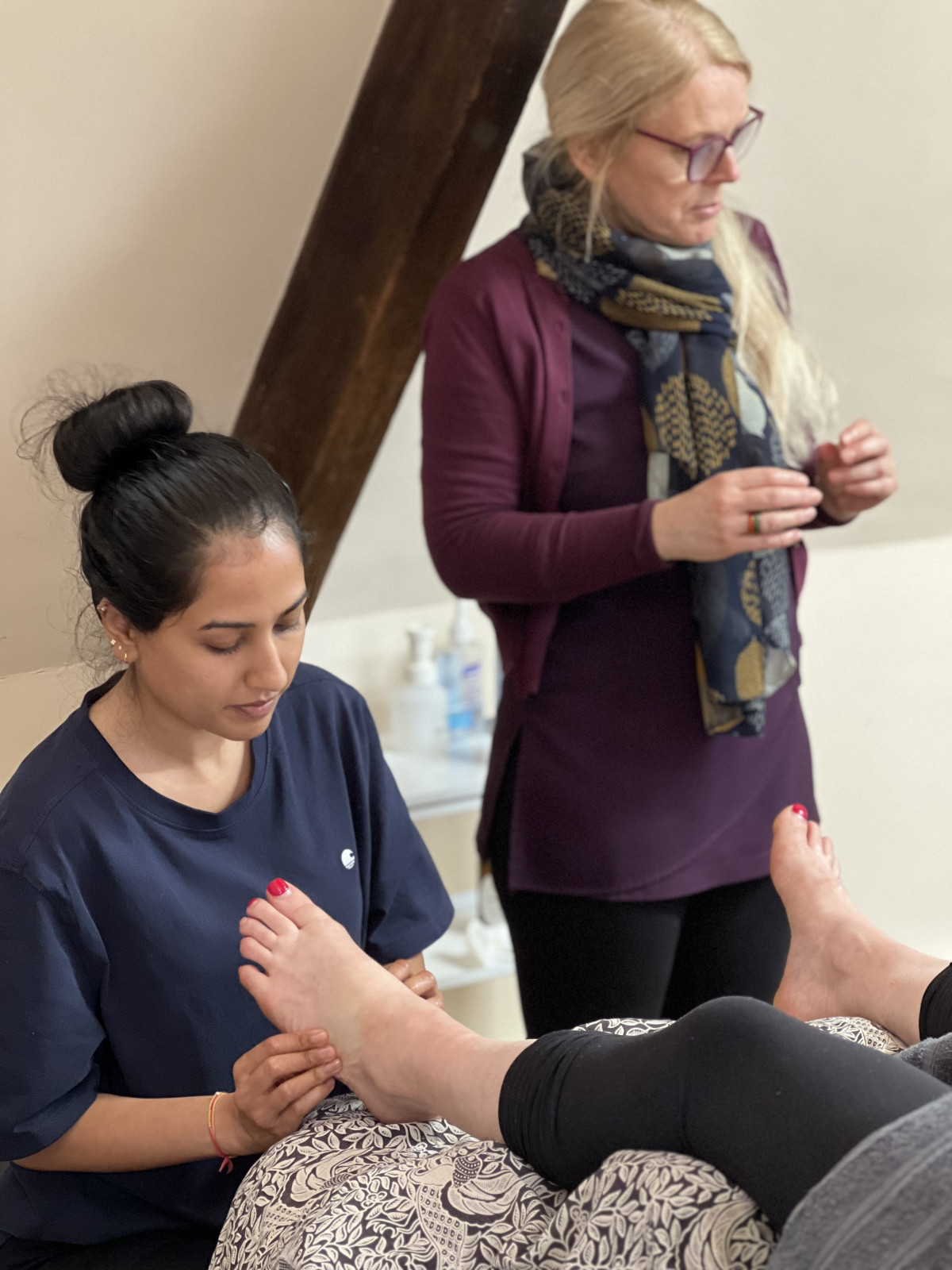 We love thinking about how, as therapists, we can offer our clients more within our treatments. One of the ways we can do this is by adding different therapies to our toolkit, allowing us to treat utilising multiple methodologies within one treatment. Following this approach, we can put the bespoke needs and requirements of the client at the heart of each treatment.
We love thinking about how, as therapists, we can offer our clients more within our treatments. One of the ways we can do this is by adding different therapies to our toolkit, allowing us to treat utilising multiple methodologies within one treatment. Following this approach, we can put the bespoke needs and requirements of the client at the heart of each treatment.
Today we are exploring the ancient healing art of reflexology, rooted in the understanding that specific points on the feet and hands correspond to different organs and systems of the body, offering a multitude of benefits.
Reflexology can seamlessly integrate with other therapies you may already offer, such as massage, aromatherapy, or acupuncture. Its non-invasive nature makes it suitable for nearly all clients, regardless of age or health condition. By incorporating reflexology, you can provide a more comprehensive and versatile approach to health and healing.
Here’s why reflexology should be the next addition to your therapeutic repertoire.
